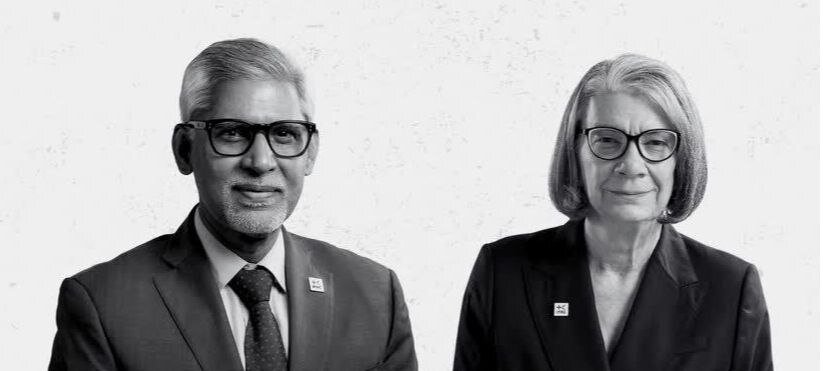Aid workers’ sacrifice to inspire future generation: IFRC tells IRCS

TEHRAN –The self-sacrifice of the aid workers will inspire the future generation who want to follow the same path and provide humanitarian assistance, officials with the International Federation of the Red Cross and Red Crescent Societies (IFRC) have said in a letter to the head of the Iranian Red Crescent Society (IRCS).
Following the martyrdom of the fifth IRCS aid worker, Seyyed Ali-Akbar Mir-Mohammadi, who lost his life in Israeli brutal attacks against Iran while performing his duty, Kate Forbes, the president, and Jagan Chapagain, the secretary general of the International Federation of Red Cross and Red Crescent Societies (IFRC), jointly expressed their condolence in a letter to Pirhossein Kolivand.
The letter reads as follows:
“It is with heavy hearts that we write to you once again to express our sincere condolences, on behalf of the International Federation of Red Cross and Red Crescent Societies (IFRC), for the tragic loss of Mr. Seyed Ali Akbar Mir Mohammadi, a volunteer relief worker with the Red Crescent Society of the Islamic Republic of Iran (IRCS), who succumbed to his injuries after being rescued from under a destroyed building in Isfahan.
Seyed’s service and dedication to IRCS will always be remembered. His commitment will continue to inspire those who follow in his footsteps.
Our thoughts are with his family, loved ones, and all members of the IRCS during this difficult time.”
The 12-day war, imposed on the country by Israel, started on June 13 and came to a halt on June 24.
IFRC proud of cooperation with IRCS: MENA director
Hossam Elsharkawi, the director of the Mediterranean and North Africa (MENA) Region at IFRC, in a message to Kolivand, said The IFRC is proud of cooperating with the IRCS.
Elsharkawi commended the IRCS for its efforts in providing humanitarian services to those affected and injured by the brutal attacks of the Zionist regime.
“Your efforts in providing relief services to those affected in the recent war were unparalleled. You showed the world the true leadership and management of a humanitarian institution while you, yourself, were in great danger,” the official noted.
“It is a great honor for me to cooperate with you and the other members of the Iranian Red Crescent Society,” Elsharkawi highlighted.
About a week ago, Kolivand, in a letter to the international communities as well as Red Cross societies, urged them to slam the violation of humanitarian laws by the Zionist regime, demonstrated through killing IRCS members and targeting medical centers.
In his letter, Kolivand underscored the need for moral courage and coordinated efforts, the IRCS website reported.
“It is with profound sorrow and grave concern that I bring to your attention the recent attacks carried out by the Zionist Regime against the Islamic Republic of Iran, during which the fundamental principles of International Humanitarian Law and the core values of the International Red Cross and Red Crescent Movement have been flagrantly and repeatedly violated,” the letter reads.
“These attacks have not only targeted civilian objectives but, in an unprecedented and shocking manner, directly and deliberately struck humanitarian relief vehicles bearing the distinctive emblem of the Red Crescent, as well as volunteer personnel engaged in humanitarian missions. Such actions constitute a blatant violation of the principle of protection of humanitarian personnel and equipment, the principle of neutrality, and the obligation to respect internationally recognized protective emblems. These acts clearly amount to war crimes.
Tragically, five of our dedicated relief workers were martyred in these assaults, and essential medical equipment — including ambulances and a Red Crescent rescue helicopter marked with the official emblem of the Red Crescent — was deliberately targeted and destroyed. These incidents have severely threatened the safety and dignity of humanitarian operations in the region.
We firmly believe that silence or inaction in the face of such grave violations paves the way for the repetition of similar atrocities elsewhere in the world and undermines the trust placed in humanitarian institutions.”
MT/MG
